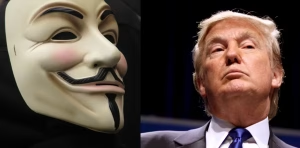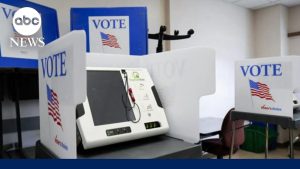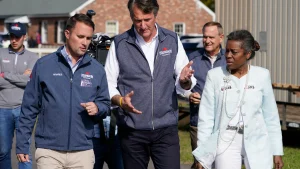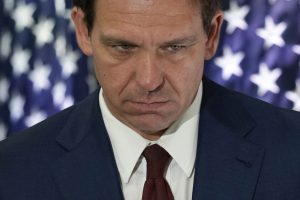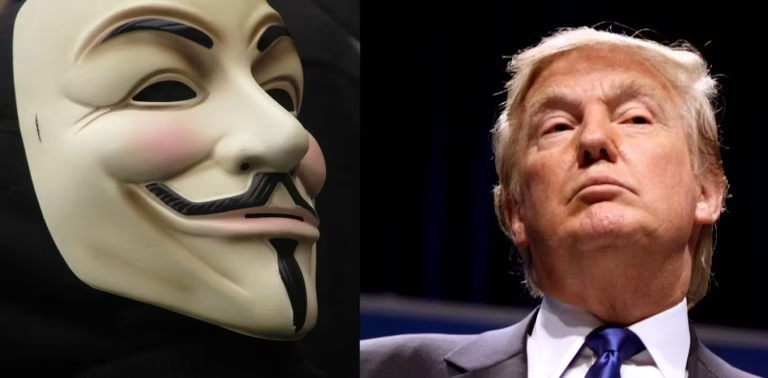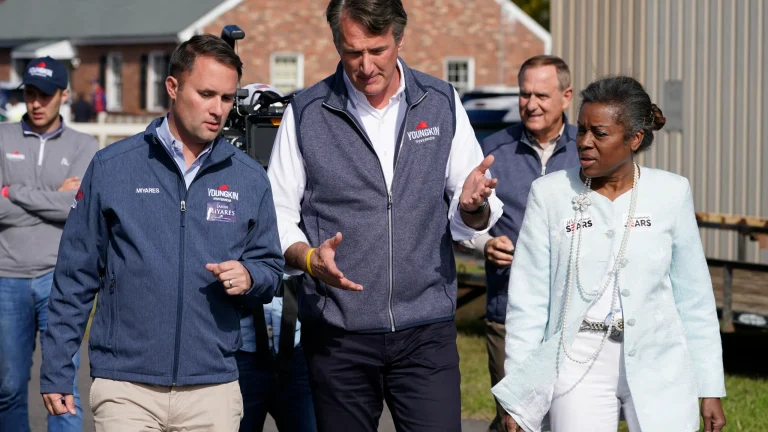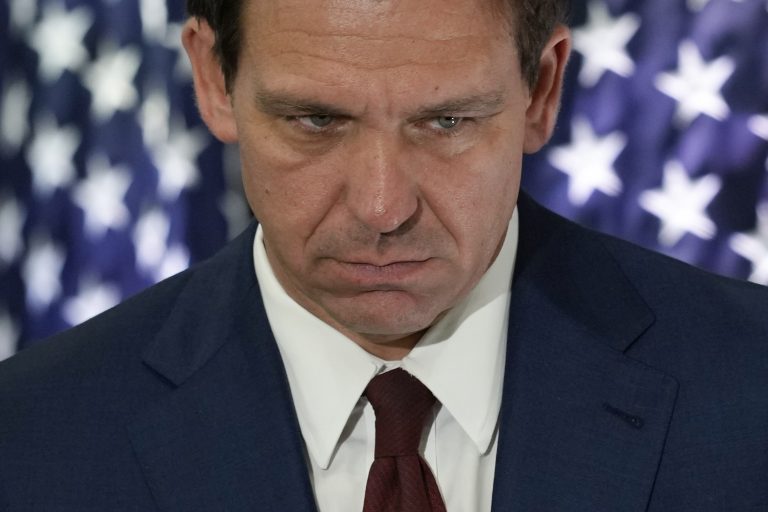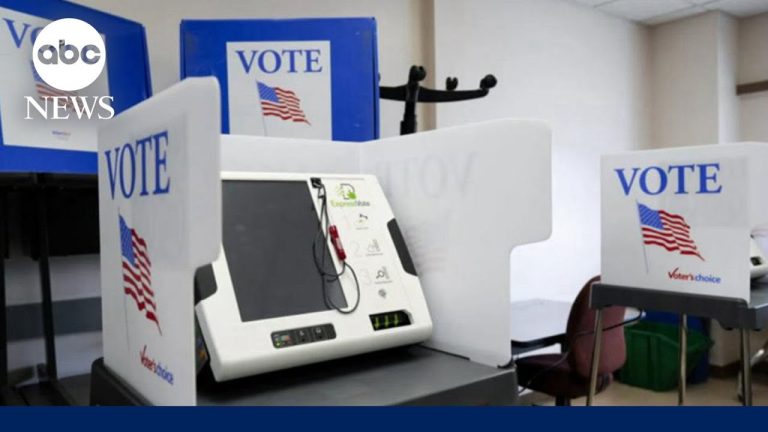-By Paul Blumenthal
March 30, 2012- WASHINGTON — On Friday evening, the U.S. District Court for the District of Columbia issued a ruling that could begin the process of revealing the identities of secret donors to groups connected to Karl Rove and the Koch brothers.
The court ruled in Van Hollen v. Federal Election Commission that the FEC rules that restricted campaign donor disclosure are not valid and must be changed to provide for disclosure.
"We are very happy to see the judge got it right," says Paul Ryan, a lawyer for the Campaign Legal Center, a campaign finance watchdog that was a part of the team challenging the FEC rules.
Those rules state that donors to groups spending money on "electioneering communications," or advertisements that do not specifically call to elect or defeat a candidate, must only be disclosed if they specifically earmarked their donation to that particular expenditure. Since few, if any, donors to these groups ever earmark their donation for a specific election expense there was no disclosure.
That FEC rule came in the wake of the 2007 Supreme Court ruling in Wisconsin Right to Life v. FEC. That ruling overturned a ban, instituted by the McCain-Feingold campaign finance reform law, regarding direct corporate and union contributions to electioneering communications.
Friday's court ruling could reverse a trend started by the FEC rules, and aggravated by the Supreme Court's 2010 Citizens United decision, that led to an explosion in undisclosed contributions to electoral efforts. The percentage of independent spending that went undisclosed jumped from 1 percent in 2006 to 43.8 percent in 2010, according to the Center for Responsive Politics.

